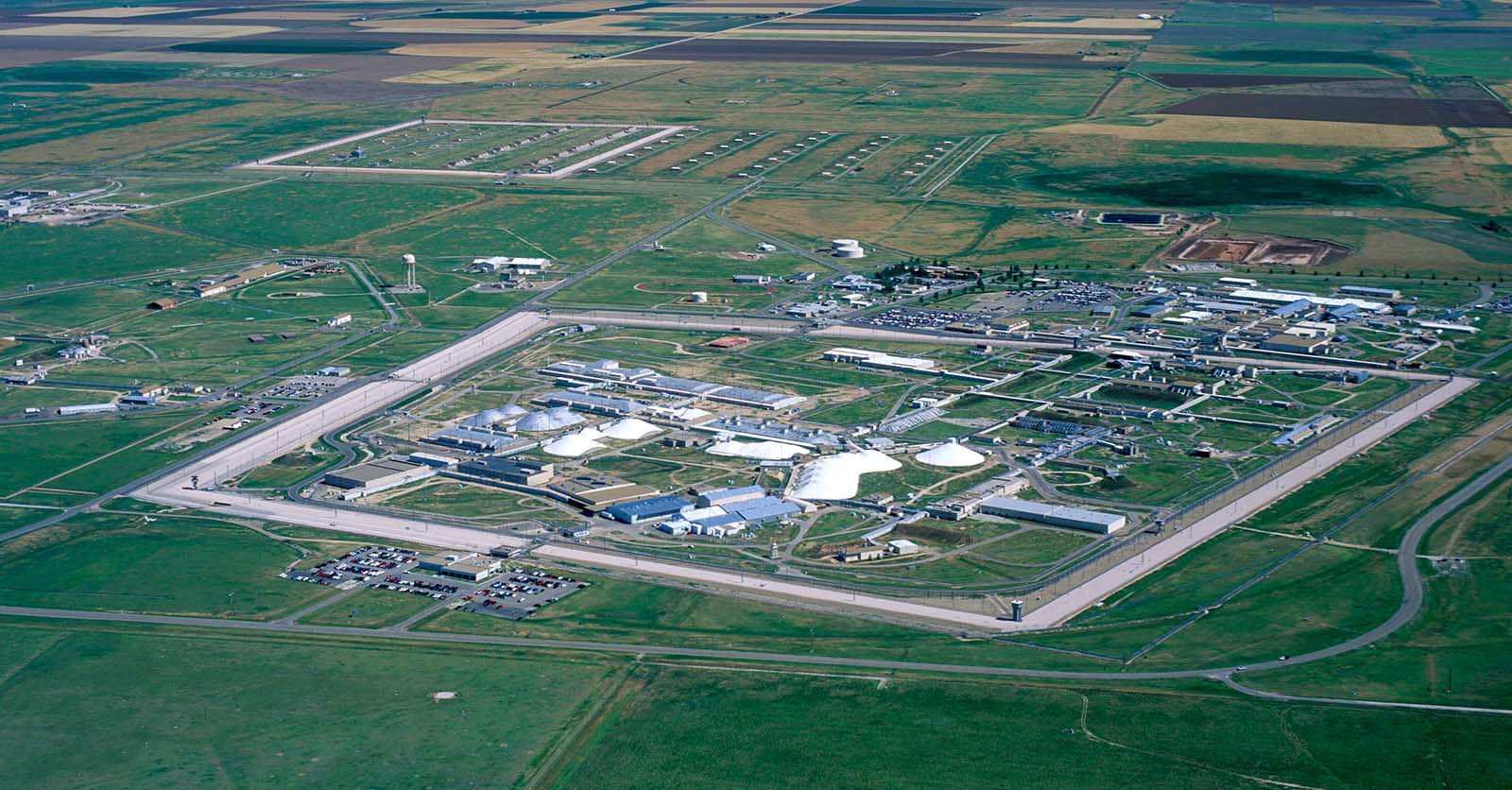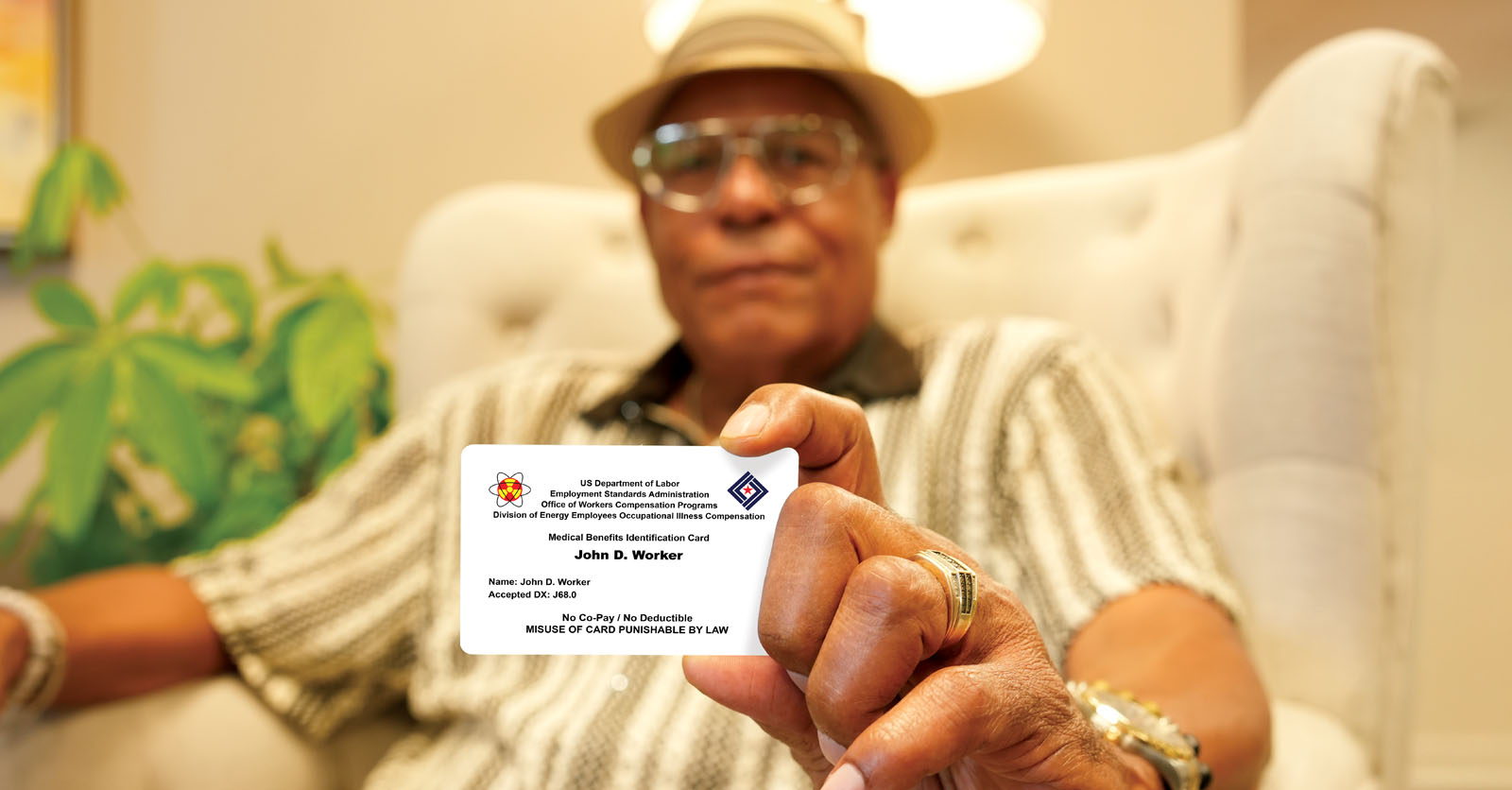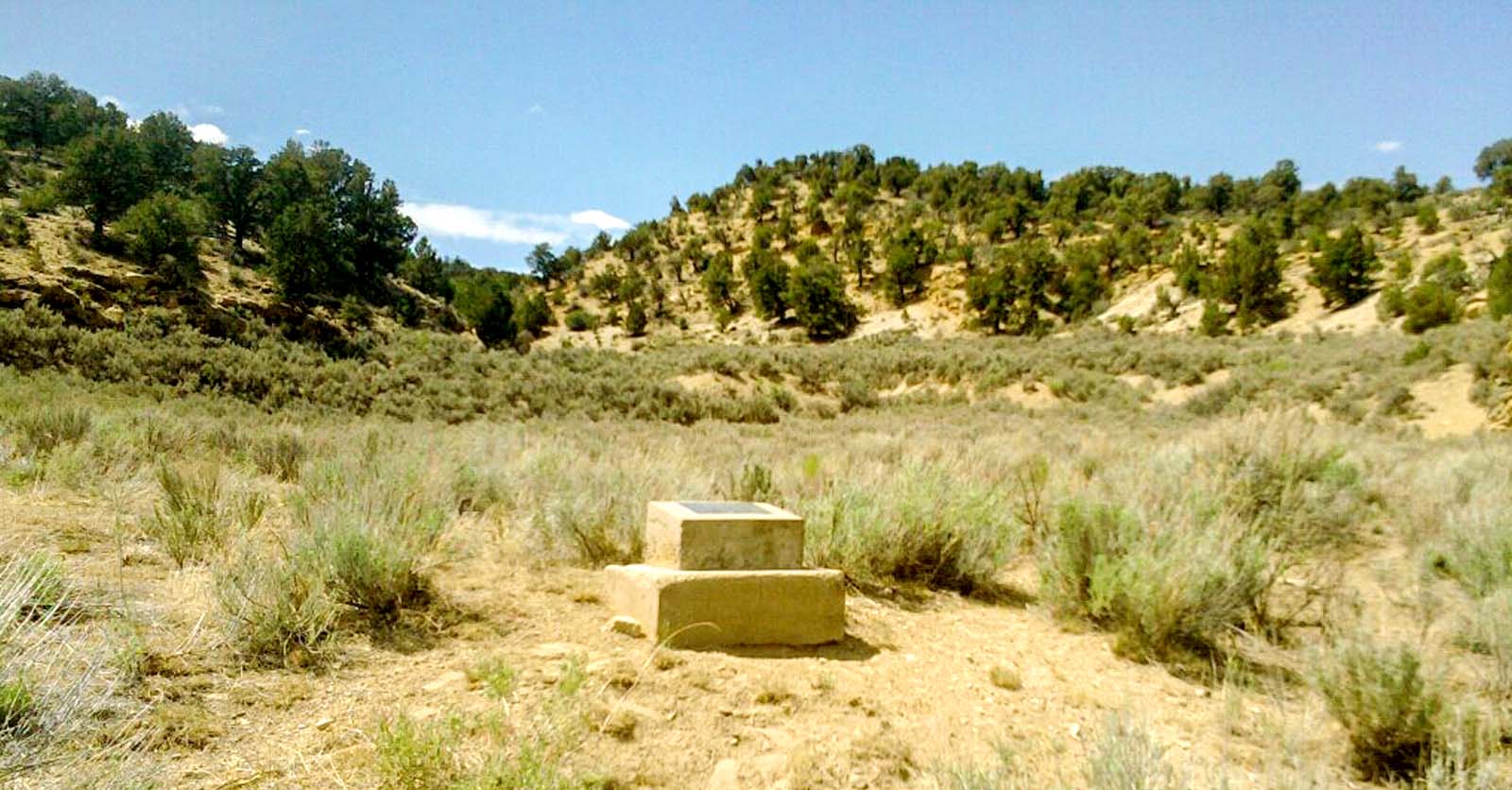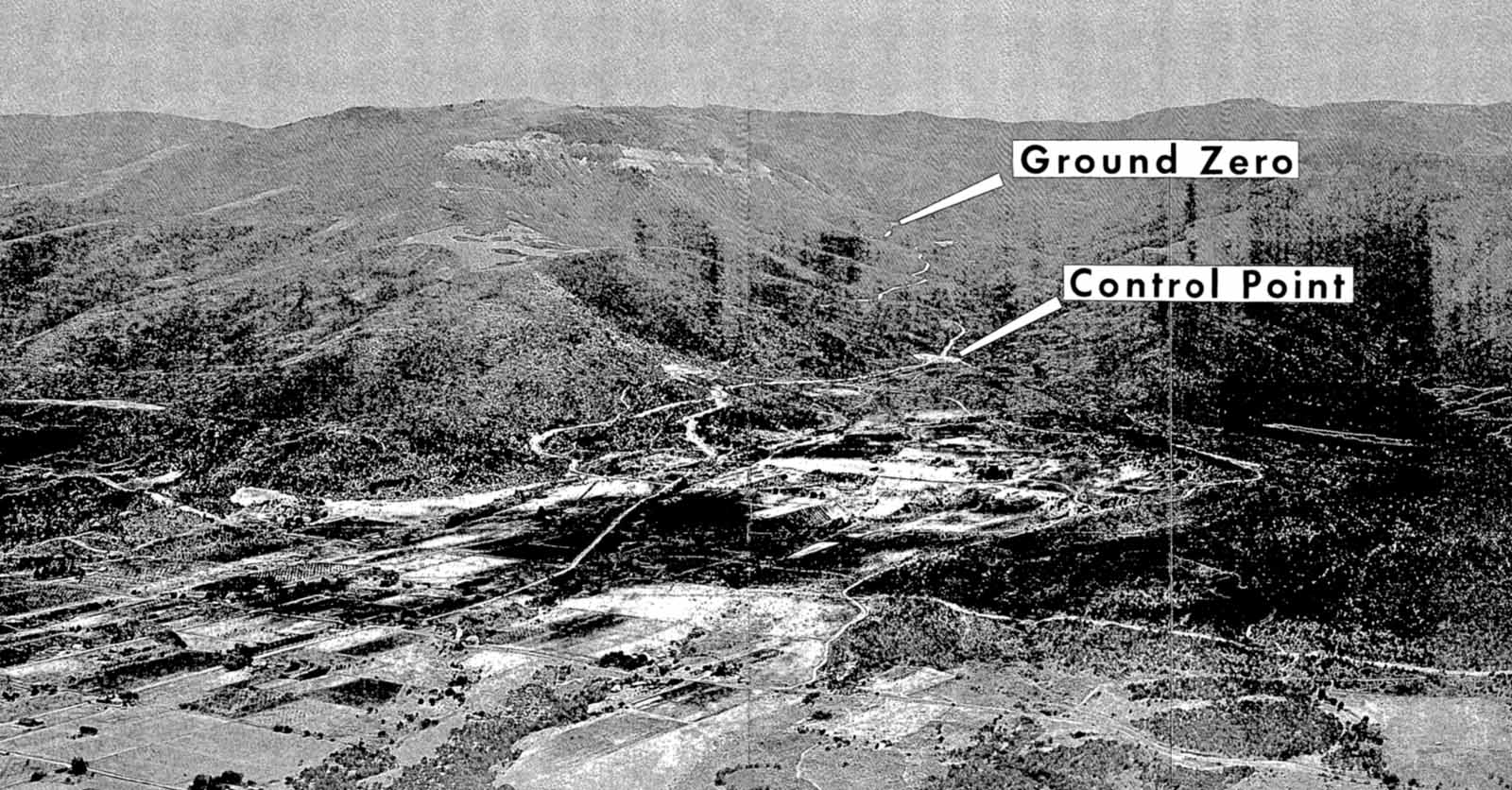
Subscribe to Trusted Ally News
EEOICPA survivor benefits are included in Part B and Part E of the EEOICPA White Card program
The EEOICPA White Card Program provides financial support to the loved ones of former energy workers who have succumbed to illnesses resulting from exposure to hazardous substances like chemicals, acids, metals, solvents, and radiation or radioactive fallout during employment.
Survivors may be eligible to receive up to $250,000.
Part B
Eligible survivors under Part B include:
- An eligible worker’s spouse, as long as the couple was married for one year or more
- An eligible worker’s child if the former employee has no living spouse
- An eligible worker’s parent if the former employee has no living spouse or child
- An eligible worker’s grandparent if the former employee has no living spouse, child, or parent
- An eligible worker’s grandchild if the former employee has no other surviving relatives
Part E
Eligible survivors under Part E include:
- An eligible worker’s spouse, as long as the couple was married for one year or more
- An eligible worker’s child who was under 18 at the time of their parent’s death if the former employee has no living spouse
- An eligible worker’s child up to the age of 23 if they were in college at the time of their parent’s death if the former employee has no living spouse
- An eligible worker’s child if the child was unable to work due to a medical disability at the time of their parents’ death if the former employee has no living spouse
In some cases, compensation may be divided between an eligible spouse and a child who is not related to the spouse. If one or more children meet the criteria of an eligible surviving child of the former energy worker and they are not a child of the spouse (natural, step, or adopted), then half of the compensation is allocated to the spouse, while the remaining half is evenly distributed among the eligible surviving children.
For surviving family members to qualify for survivor benefits, the former energy worker must of had a covered condition directly linked to their passing such as:
- Chronic renal failure
- Toxic encephalopathy
- Occupational asthma
- COPD
- Specific types of cancer
- Beryllium disease
- Kidney disease
The application process for these benefits varies based on your relationship to the former energy worker. Trusted Ally can connect you with an Authorized Representative who will assist you through the process.
Please complete the form below to be connected to an Authorized Representative.
Get connected to an Authorized Representative
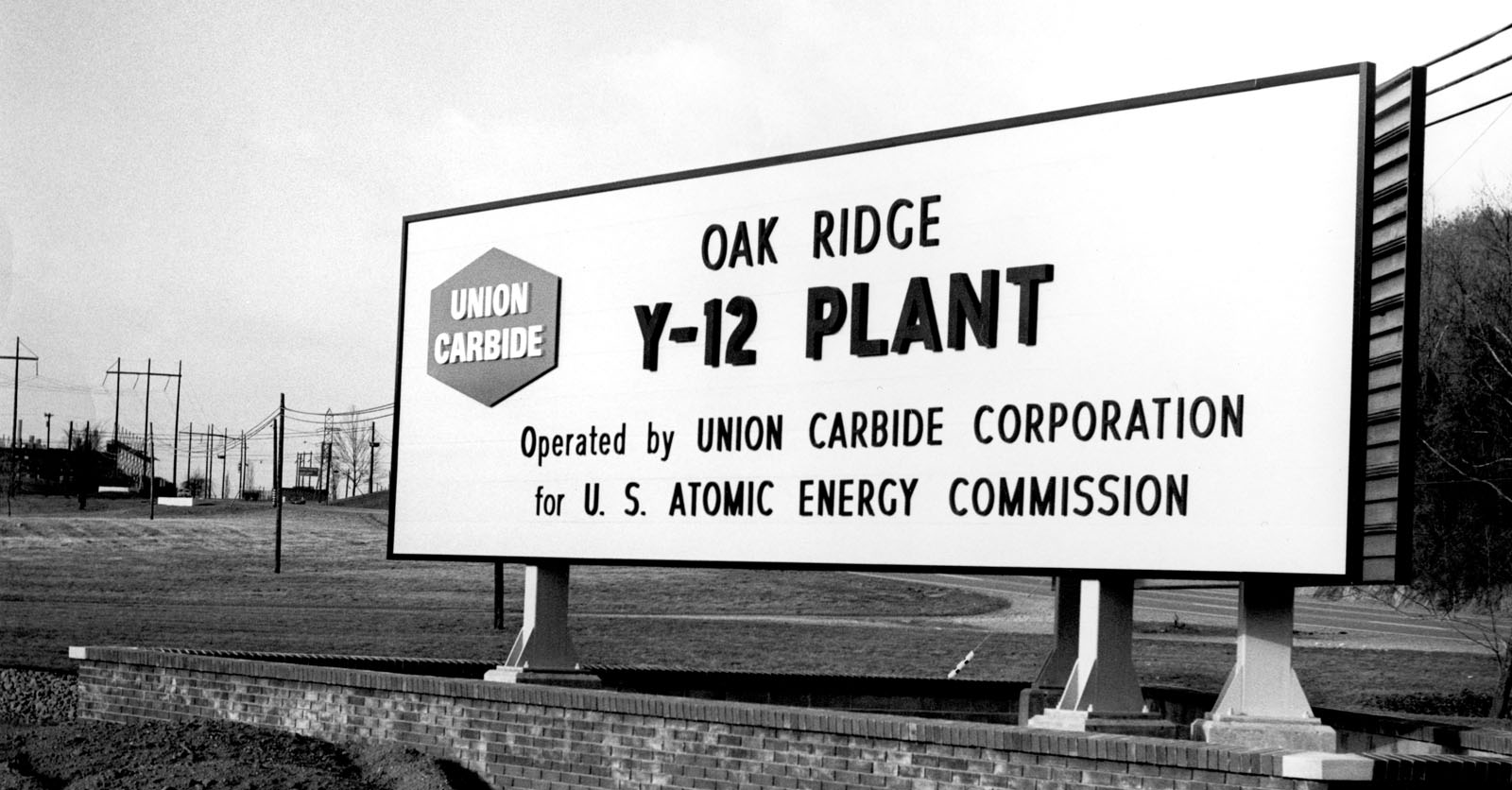
Trusted Ally is now open in Tennessee for EEOICPA benefits
 Read More
Read More

DOE benefits include free medical screenings for workers

Why you need an Authorized Representative for EEOICPA claims

Do you expect to get EEOICPA benefits but not ready for home care?
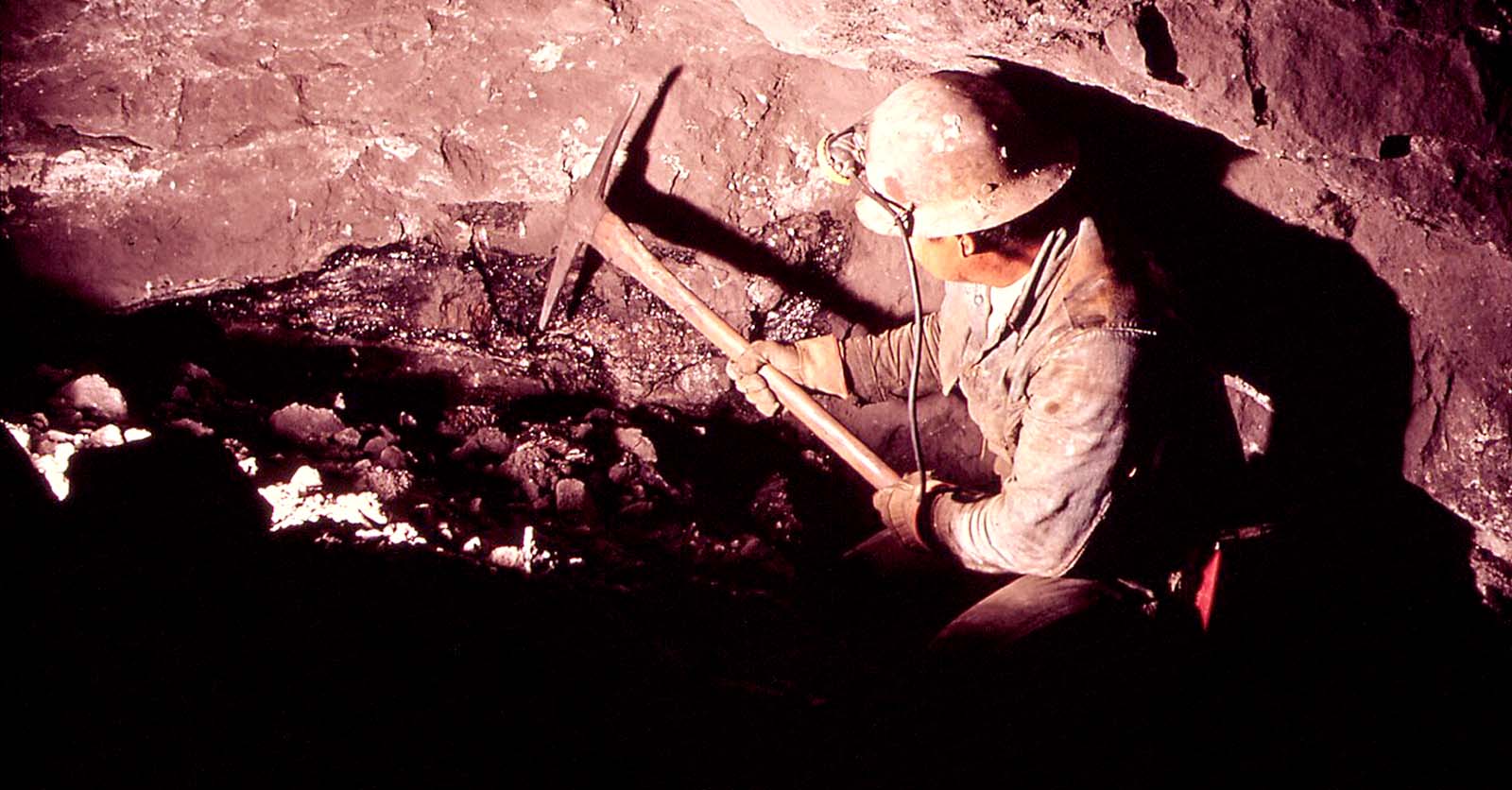 Read More
Read More




